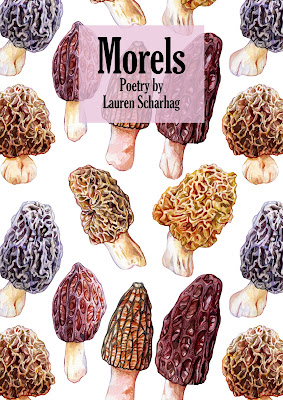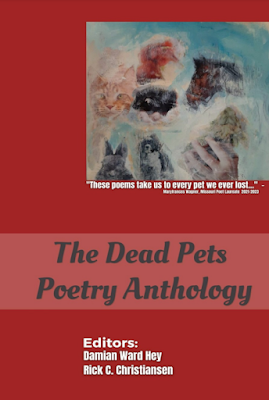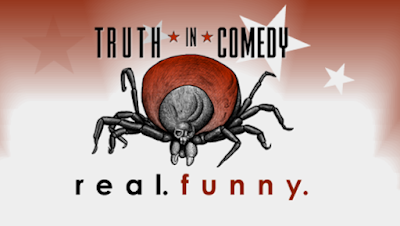I’m having trouble coming up with descriptors for Lindsey Royce’s poetry collection,
The Book of John. “Searing” and “devastating” are the words that come immediately to mind, but they feel inadequate in the face of such a clear and comprehensive catalog of grief. I also want to call this collection “raw,” “unflinching,” and “courageous,” but those words, too, seem to fall short of what Royce has accomplished here.
I don’t think I’ve ever read a collection of poetry that made me cry before, but this one did. As someone who has been a caregiver to a terminally ill spouse, as someone who had to confront mortality in such a way, this book struck a deep, painful chord in me. In my case, my husband went into renal failure at age 29 and was on dialysis for three years. He received a transplant and is doing fine now—it’s an odd status to be terminal and then not-terminal; to venture so far into the Valley of Death and then come back out again. People don’t often connect dialysis with life support, but that’s what it is. Without dialysis, renal failure will kill you in about eight days.
John was not so lucky; his life was claimed by cancer at age 56. The opening poem feels like an old invocation of the muse—or, in this case, like a necromancer’s spell conjuring back the spirit of the departed. It’s the most abstract piece in the collection. Otherwise, these poems are relatively straightforward narratives. Through them, Royce takes us along with her on a breathtakingly intimate journey through memory. She admits us into John’s final, agonizing days, and her subsequent bereavement.
These pieces don’t engage in any poetic flourishes or sleight-of-hand. They are stripped naked and bare as only death can make us. Here, there can be no pretending. Royce does not idealize a dead man nor their relationship as she mentions their personality clashes, (the outdoorsman and the city girl, the right-leaning marine and the left-leaning academic, etc.), their disagreements, their squabbles over the last cookie. But she also shares with us, very generously, all the things that made John a warm, magnetic personality; a glimpse of their tender moments—their lovemaking, John’s cooking, their shared love of animals. For a subject that could so easily slip into the maudlin, Royce keeps it solidly unsentimental. She speaks in concrete images: mushrooms, snow, deer, trout, olive oil, strings of Christmas lights. Even the spiritual poems speak of tangible things, like altars and locks of hair. She does not shy away from broaching unpleasant subjects, like leaking feeding tubes and the way illness turns skin into crepe.
Rage is one of the key themes. Anger gets mentioned as one of the five stages of grief, but it always seems to get glossed over. Here, we get lines like, “I am the hellion banshee of keening.” It is a rational response to being robbed of years. The unfairness of it all, watching someone succumb, someone so young, someone who was once so strong and is now unable to open a yogurt container. To watch John, a chef, die of stomach cancer. It’s all simply infuriating.
Royce describes ways in which she tries to cope with these feelings, turning to substances to escape for a while, to spirituality, and even to the supernatural-- consulting psychics as a way to reconnect. Royce writes, "My grief has grown to feel like schtick." There comes a point when the grieving becomes your personality. This is who you are now: the widow. Grief is a lonely territory. No one can carry it for you. No one can experience it quite the way you do. Also, you want to let go of all the pain, but you don’t want to forget the person whose passing is the source of it.
In “Never Mine,” Royce writes, “He never belonged to me, and I should drop/my make-believe grasp of his hand…” No, he didn’t belong to you, but both of you belonged to something, together. A country of Lindsey and John, from which you've now been exiled. To speak of our lost loves is to speak a dead language. We should all be so lucky to have someone like Lindsey Royce at our side when it's our time.
I didn't know John, but through these poems, Royce summons him, a presence so real I expected to see him when I looked up from the book. So, in a sense, she has brought him back. They say that as long as we remember a person, they aren’t really gone. Anyone who reads this book is unlikely to forget John. In the end, Royce doesn’t give us a portrait of her healed—that hasn’t happened yet, and it probably never will. But she gives us the hope that one day, she will be able to carry her grief a little more easily. If she can, maybe we can too.
The Book of John is available for purchase from Press 53.







